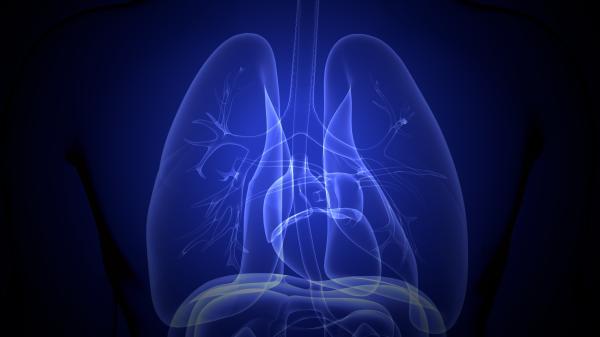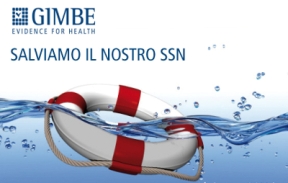All news by respiratory system pathologies
Congenital Central Hypoventilation Syndrome: Diagnosis and Long-Term Ventilatory Outcomes
Congenital central hypoventilation syndrome (CCHS), a rare disease caused by variants in the paired-like homeobox 2B (PHOX2B) gene, affects regulation of respiration necessitating lifelong assisted ventilation (AV). Most patients require full-time AV during infancy and some patients may sustain adequate spontaneous ventilation during wakefulness and change AV modalities at a later age.

The authors retrospectively evaluated data of patients with CCHS treated at Children's Healthcare of Atlanta between January 1997 and May 2022. They identified 30 patients with CCHS, 8 of them with PHOX2B nonpolyalanine repeat mutations (NPARMs), 21 with polyalanine repeat mutations (PARMs), and 1 with unknown PHOX2B genotype.
The median age at presentation was 0.25 months (IQR 0.1-0.7 months). Symptoms at presentation were apnea in 18 (60%), hypoxemia in 6 (20%), respiratory failure in 23 (77%), cyanosis in 2 (6.7%) and BRUE in one patients (3.3%) respectively. Polysomnography findings at diagnosis (n=12) were central sleep apnea in 10 (83%), obstructive sleep apnea in 8 (67%), sleep-related hypoxemia in 10 (83%), sleep-related hypoventilation in 10 patients (83%) respectively. Hirschsprung’s disease was diagnosed in 13 (43%) patients, while cardiac dysrhythmia requiring cardiac pacemaker were found in 8 (27%) patients.
At diagnosis of CCHS, 24 (80%) patients required continuous AV and 28 (93%) received AV via tracheostomy. Twenty-six patients required sleep-only AV at a median age of 9 months (IQR 6-14 months). Nine patients requiring sleep-only AV underwent tracheostomy decannulation at a median age of 11.2 years (IQR 5.9-15.7 years) and used noninvasive positive pressure ventilation or diaphragm pacing. There was insufficient evidence to conclude that patients with PARMs and NPARMs differed by age at presentation (P = .39), tracheostomy (P = .06), and transition to sleep-only AV (P = .9). Six patients transitioned to adult care, 23 continued receiving pediatric care, and 1 patient died due to complications from Hirschsprung's disease.
This study demonstrates prolonged survival and good long-term respiratory outcomes possibly related to the early diagnosis of CCHS, optimizing AV strategies, and multidisciplinary care. The increasing number of patients attaining adulthood highlights the necessity for multidisciplinary care for adults with CCHS.
Reference
Mary Ellen Fain, Adrianna L Westbrook, Ajay S Kasi. Congenital Central Hypoventilation Syndrome: Diagnosis and Long-Term Ventilatory Outcomes. Clin Med Insights Pediatr. 2023 May 26:17:11795565231169556. doi: 10.1177/11795565231169556. eCollection 2023.






